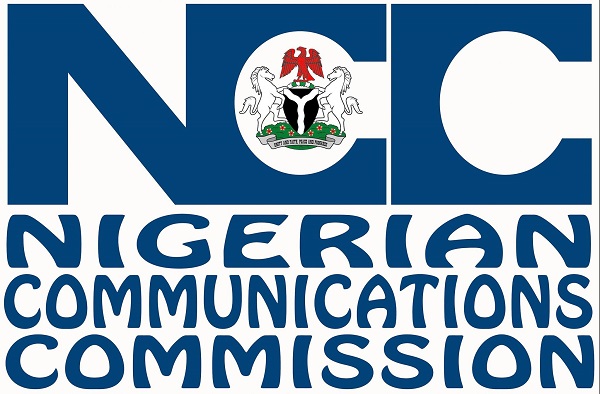
As the contentious issue of electronic transmission of election results continues to generate heated argument and controversy across the country, the Nigerian Communications Commission (NCC) says it cannot guarantee that the provision if adopted cannot be sabotaged by hackers.
The executive commissioner, stakeholder management (ECSM) of the commission, Adeleke Adewolu, stated this when he faced the lawmakers at the House of Representatives on Friday, pointing out “no system is safe from hacking. Hacking is always a possibility.”
This is even as he said only half of the polling units in the country have the required network coverage to electronically transmit election results, explaining that a network coverage study conducted by the NCC in 2018 ahead of the 2019 general elections showed only about 50 per cent of all the polling units in the country were covered as required.
The electronic transmission of votes is the most contentious provision in the Electoral Act Amendment Bill which is expected to reform electoral processes in the country. Deliberation and voting on the provision threw the house into turmoil with members engaged in verbal and physical altercations during plenary on July 15.
This prompted the invitation of the NCC and the Independent National Electoral Commission (INEC) to Friday’s plenary to throw more on the workability or otherwise of the provision. However, House speaker, Femi Gbajabiamila, in his opening remarks today announced that the invitation to INEC was later withdrawn, leaving just the NCC to testify.
Adewolu who said 3G network was needed to conduct electronic transmission, explained that election results could be electronically captured offline in an area with no network coverage and then transmitted by physically moving to a network-covered area, but that this would not compare with direct transmission from the source.
At the conclusion of NCC’s presentation, lawmakers passed the bill with the original provision that INEC may transmit election results through any procedure the commission determines.
The Senate had Thursday passed the bill empowering NCC to first certify that national coverage is adequate and secure before INEC can decide to deploy the use of electronic transmission.
The issue had sharply divided the lawmakers at both chambers of the National Assembly along party lines with the members of the opposition parties insisting on the adoption of the electronic transmission of election results as a way of ensuring integrity of the electoral process and members of the ruling party standing against it.


